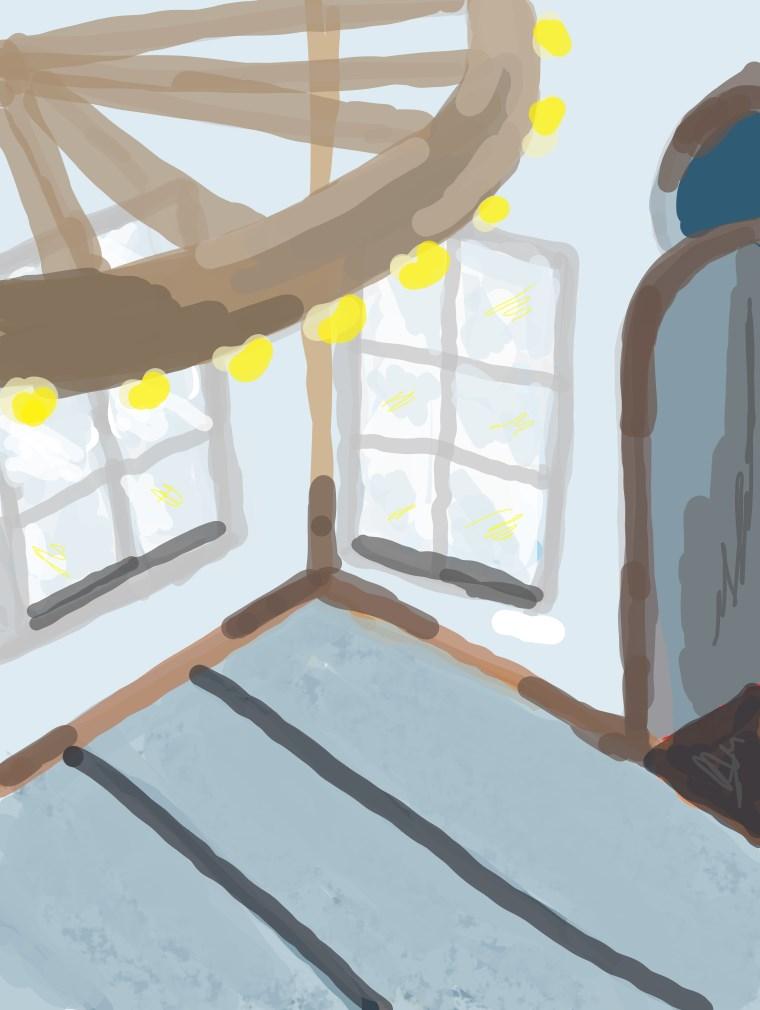
4 minute read
Journaling To Health
B y : A y e s h a N a s i r , H a m i l t o n O n t a r i o
Truthfully, it took me a pandemic to book a session with a therapist. Conversations surrounding mental health are happening more frequently, if the internet is to be believed. One of the things seen most in the pandemic is a rise in therapist-styled advice being shared online. It makes sense: our mental health is suffering because of COVID-19. In the time of the corona virus, journaling can be a good alternative to therapy if one is unable to find or afford a therapist. I may be biased here:
Advertisement
I have written in journals for as long as I can remember.
Keeping a diary was a cool thing to do in the 90s, which is when I was born. It was all the rage to vent your deepest thoughts onto a page. During this pandemic, I have realised that some of us were venting on social media too. The internet is a journal of sorts as well. Some of us maintain blogs and write our thoughts in paid and free places online. But what we do not always realise is that these thoughts are not always in a private space.
Journaling by its very nature is supposed to be private. It allows us to write what we are feeling without feeling judged or afraid. It is a safe space, and as a brilliant cousin of mine says, it allows us to be our own friend. That is why reading someone’s diary is like opening a letter that was not addressed to you or eavesdropping. I have learned in the past year that when people read your journal or eavesdrop on your conversations, what they find is just a little of what you have shared. They miss out on the bigger picture of who you are, what you think about the subject in its entirety, and the ways your thoughts develop.

Photo by Sixteen Miles Out on Unsplash
That’s why I strongly believe journaling should be private. As of sometime last year, I stopped writing long captions on Instagram and divulging parts of my life. Even when writing to an audience such as that of NorthWest Muslim Magazine, I am careful not to overshare. The more you share with the world, the more ammunition it has in the moment it hurts you.
Being mindful of our thoughts looks like allowing them to come to your mind, allowing yourself to observe yourself think those thoughts with curiosity, and then finally allowing yourself to let go of that thought. Not every thought is meant to be a call to action for you to respond to. Some thoughts are like bubbles that float in your mind. They quiver and are fleeting. A journal helps us observe what we spend time thinking about. We can see patterns in our thoughts and know when to be kinder and less critical with ourselves and those around us.
When I was a little girl, I read a book in which the main character would write letters to her future self. I was so inspired and moved by it that on each birthday, I started writing letters to my future self too. Keeping a diary is rather like writing letters to your past, future, or current self. It is a way of reaching inwards and putting to paper everything that you have been carrying on your own. The paper absorbs the ink and the heart feels lighter.
While some will say that praying to Allah SWT is the best way to lighten a burden, I have learned that we can improve our prayers when we first write about what’s on our mind and what we want to pray for. Here’ s a practical exercise for you to try in the upcoming Ramadan: write down all of the names of Allah SWT in your notebook and with each name, write what you want to ask from Allah based on that name. So, for example, if you have trouble loving someone in your life, then ask Allah who is Al Wadud to make loving easy for you. As the Muslim comedian Nadirah Pierre says: “You are being too modest in your prayers.”
Having the best mental health might not be a realistic goal during a pandemic. But writing just one page in a journal and easing our mind can be an achievable and doable goal. May Allah SWT give us all ease in this difficult time and allow our words to be a source of support, strength and healing. Ameen.











